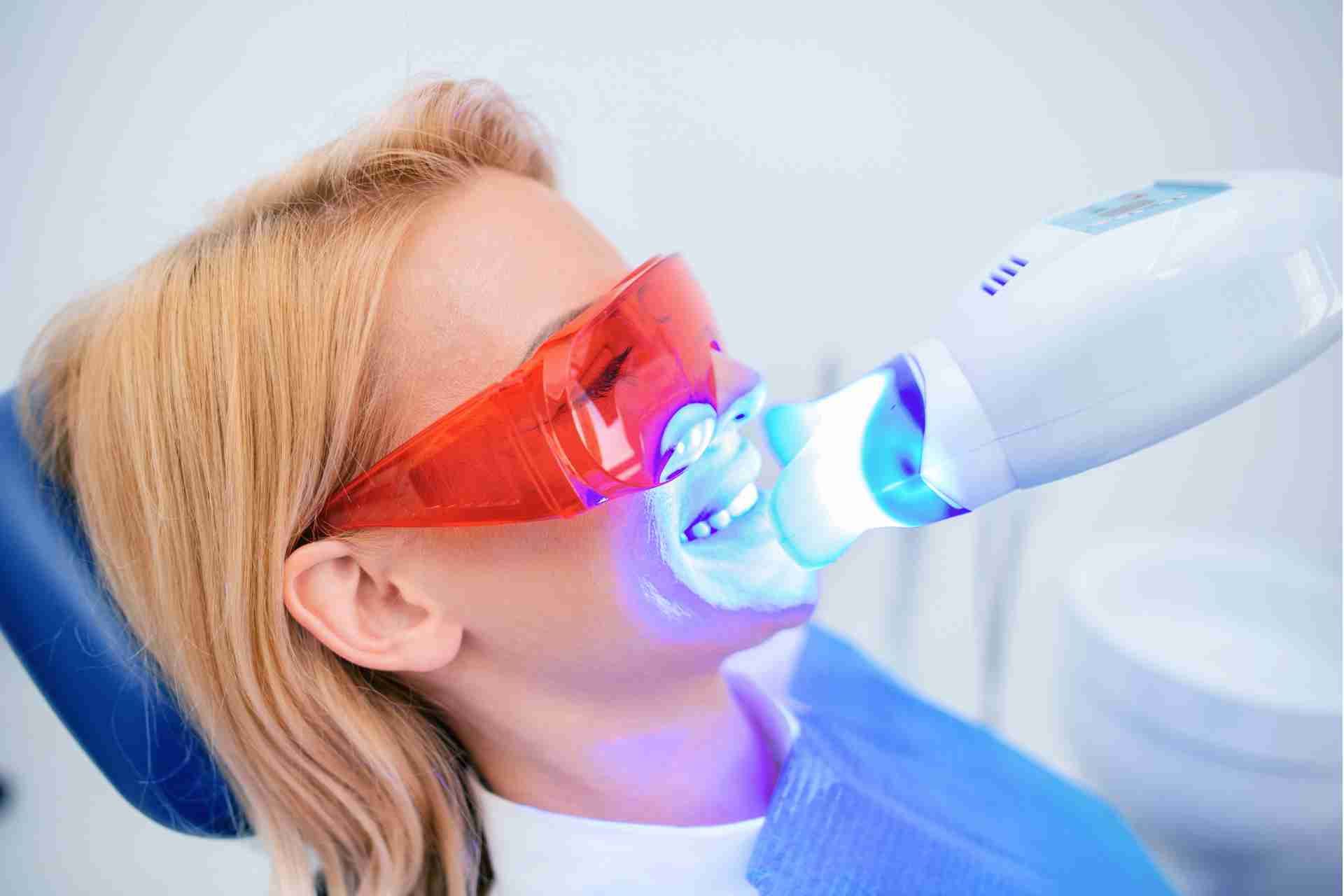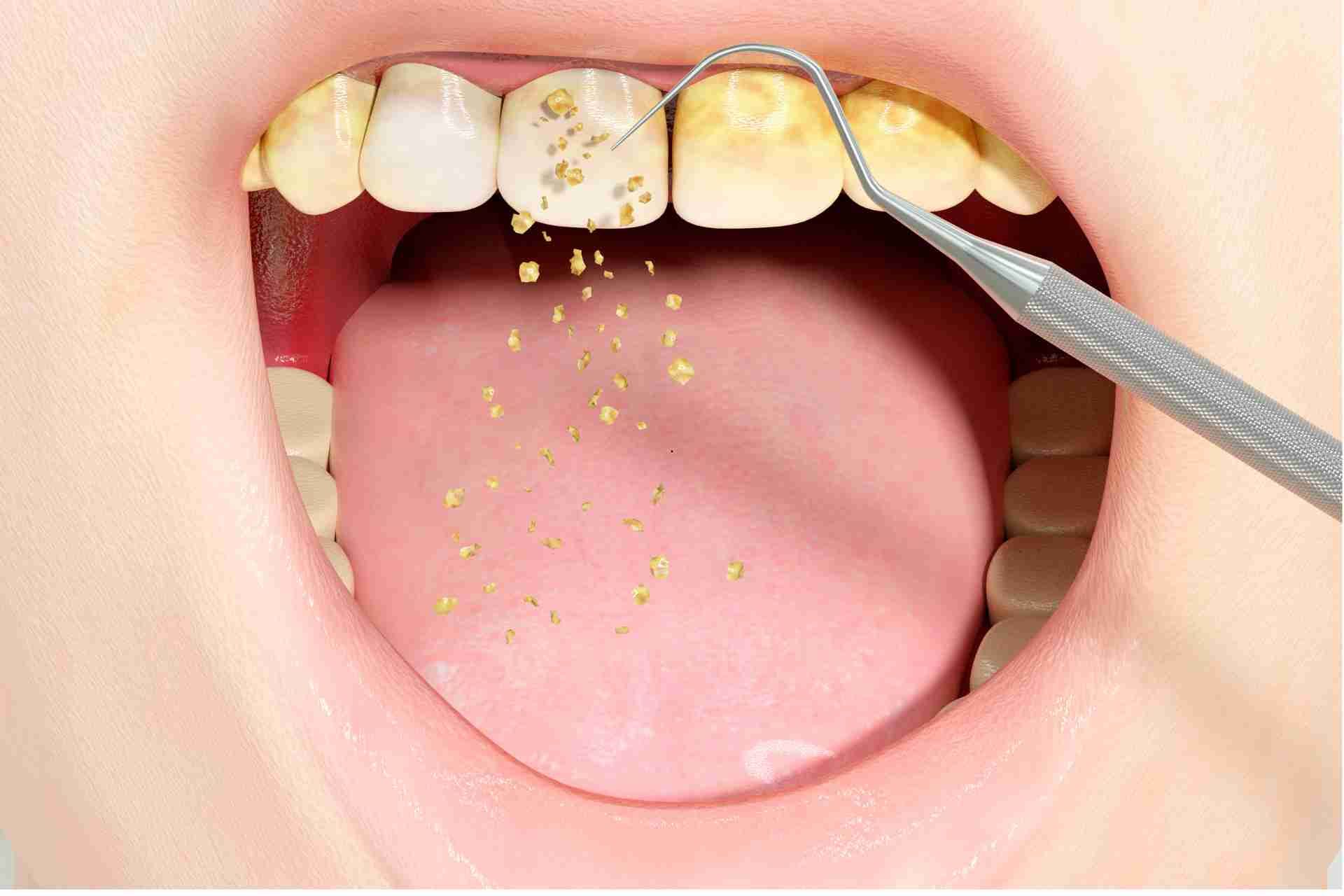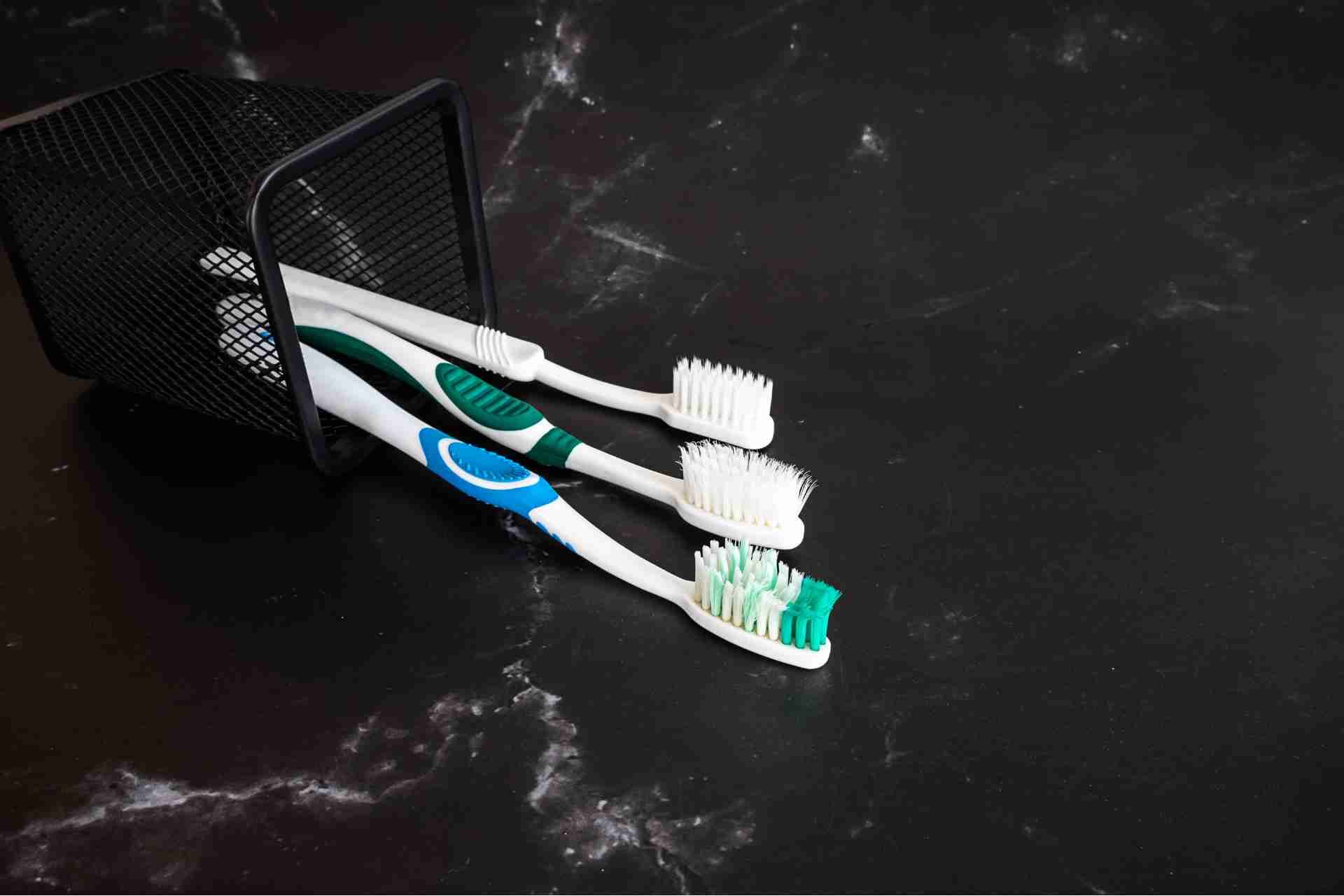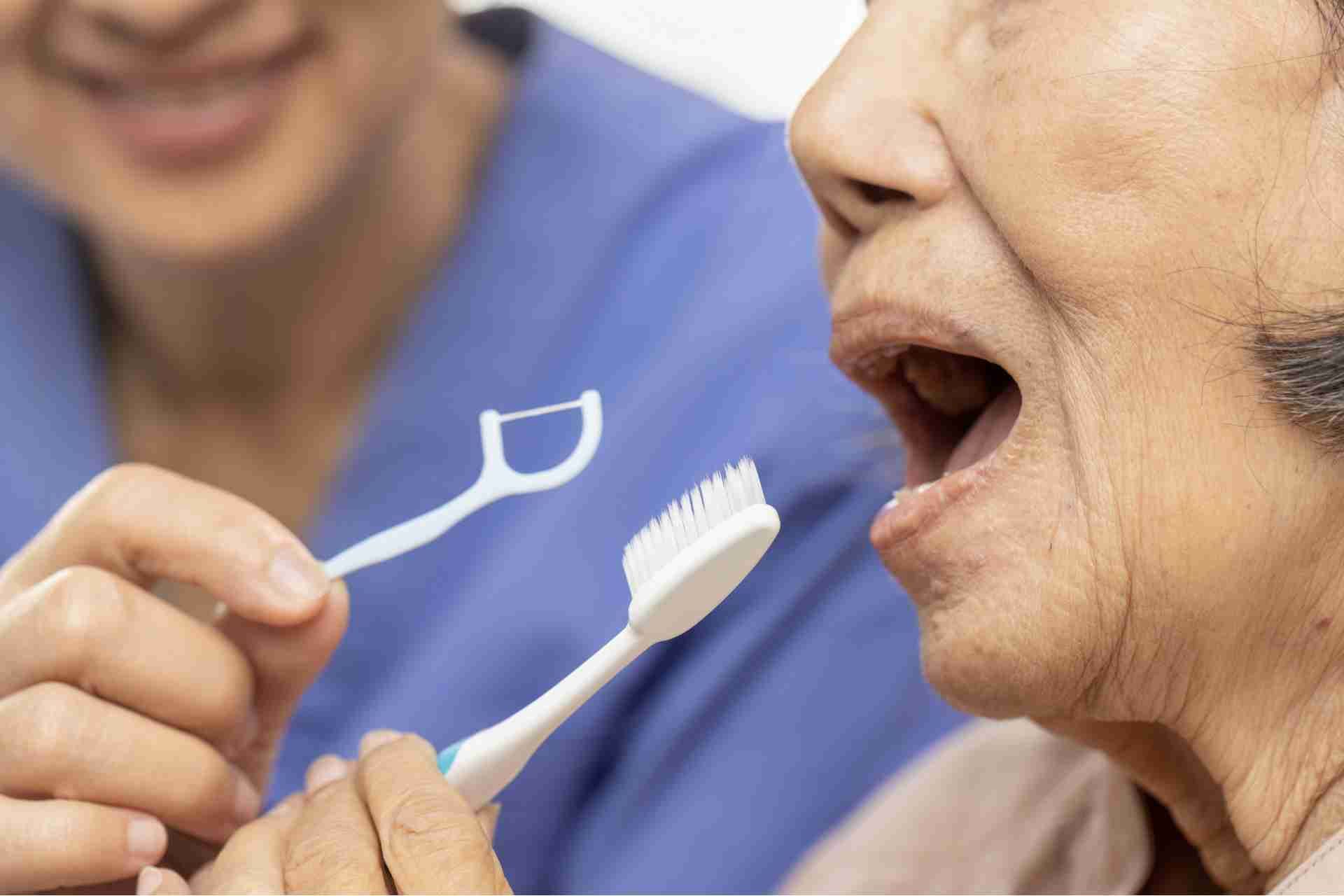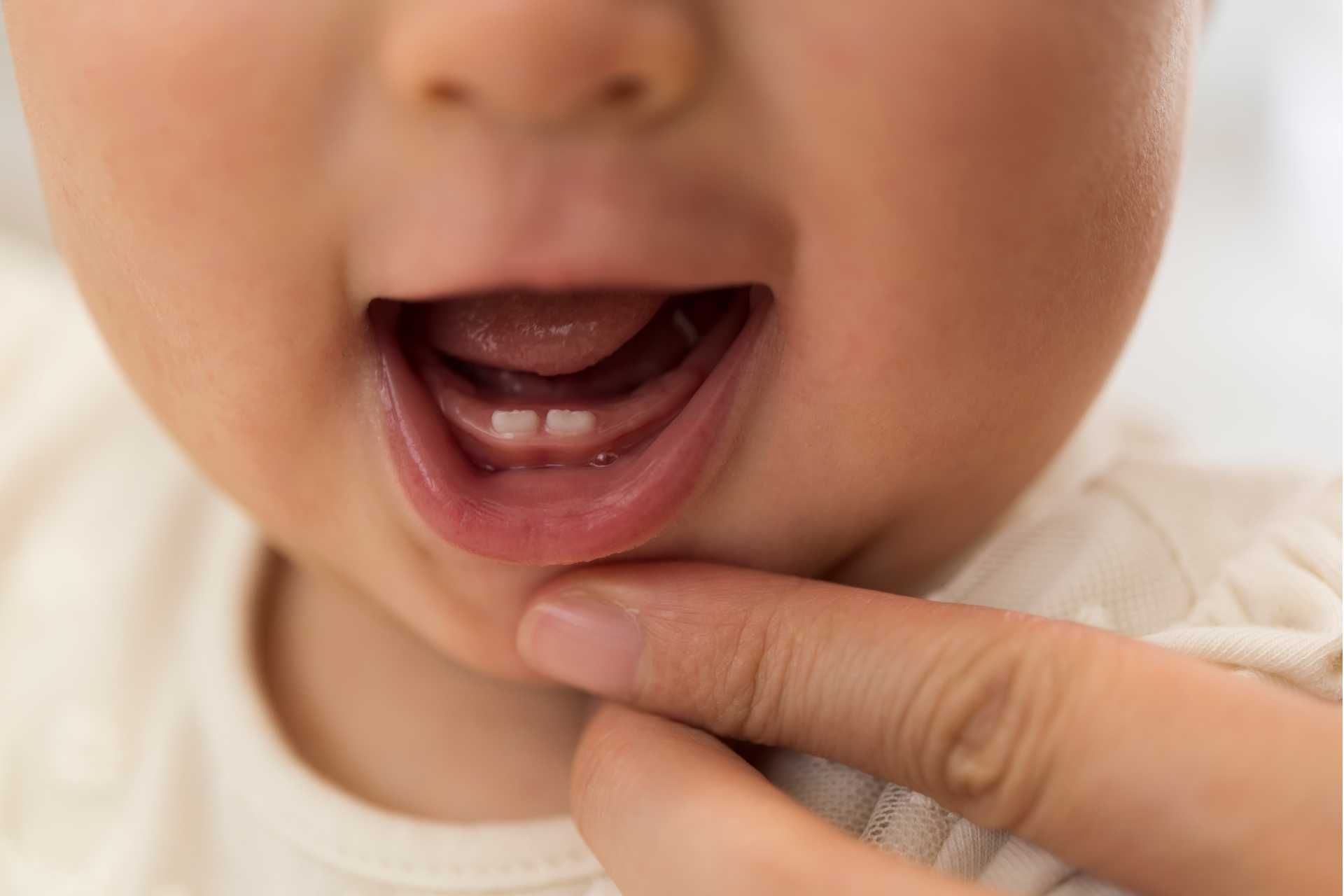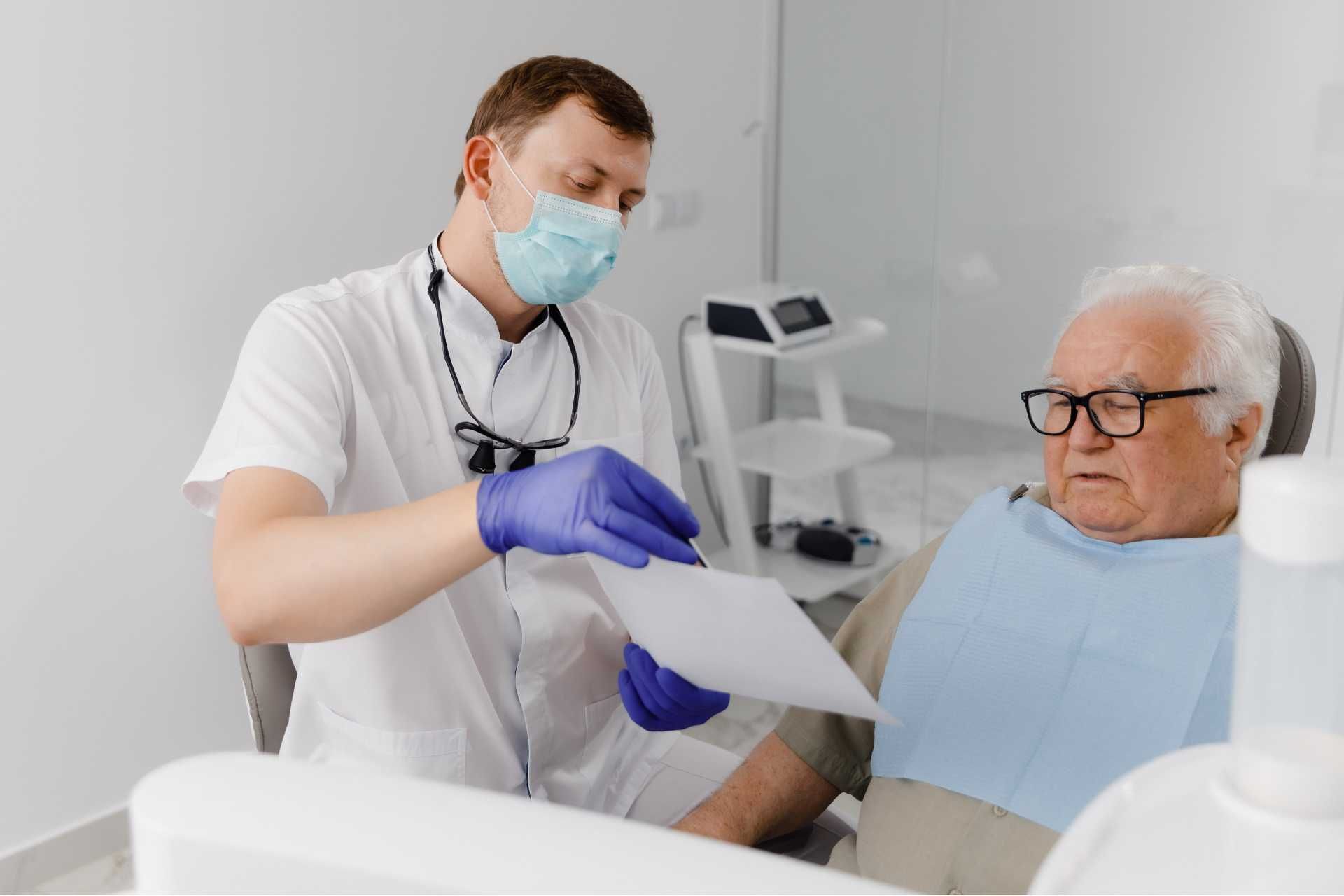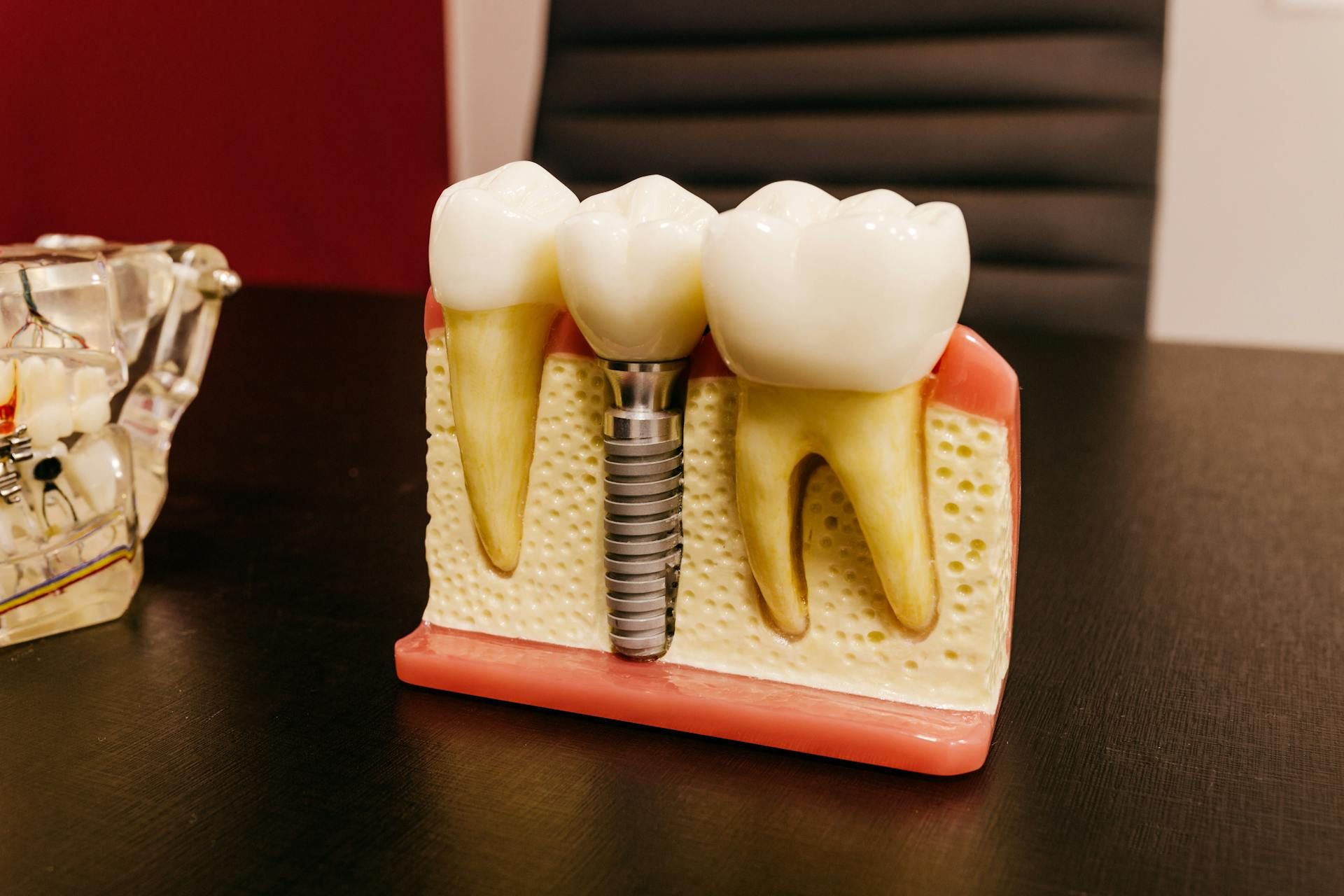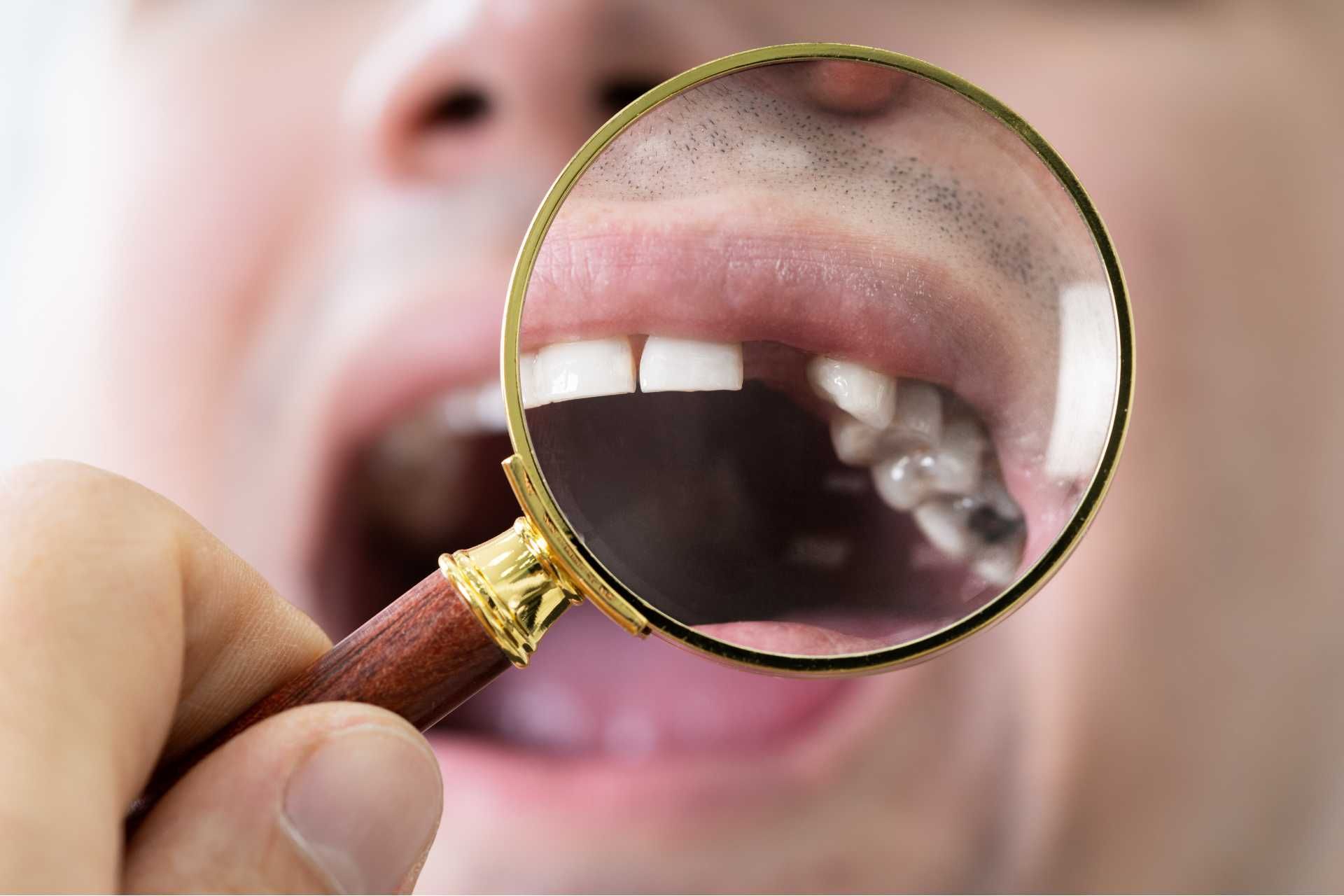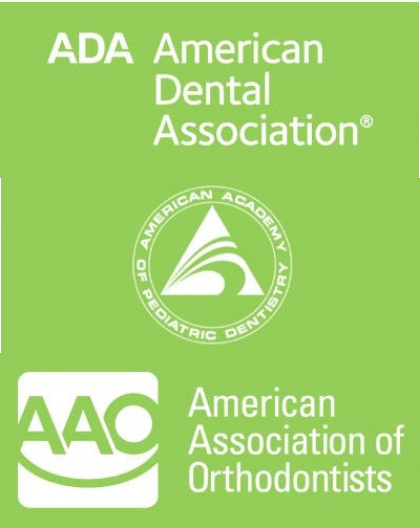Can Cavities Cause Bad Breath?
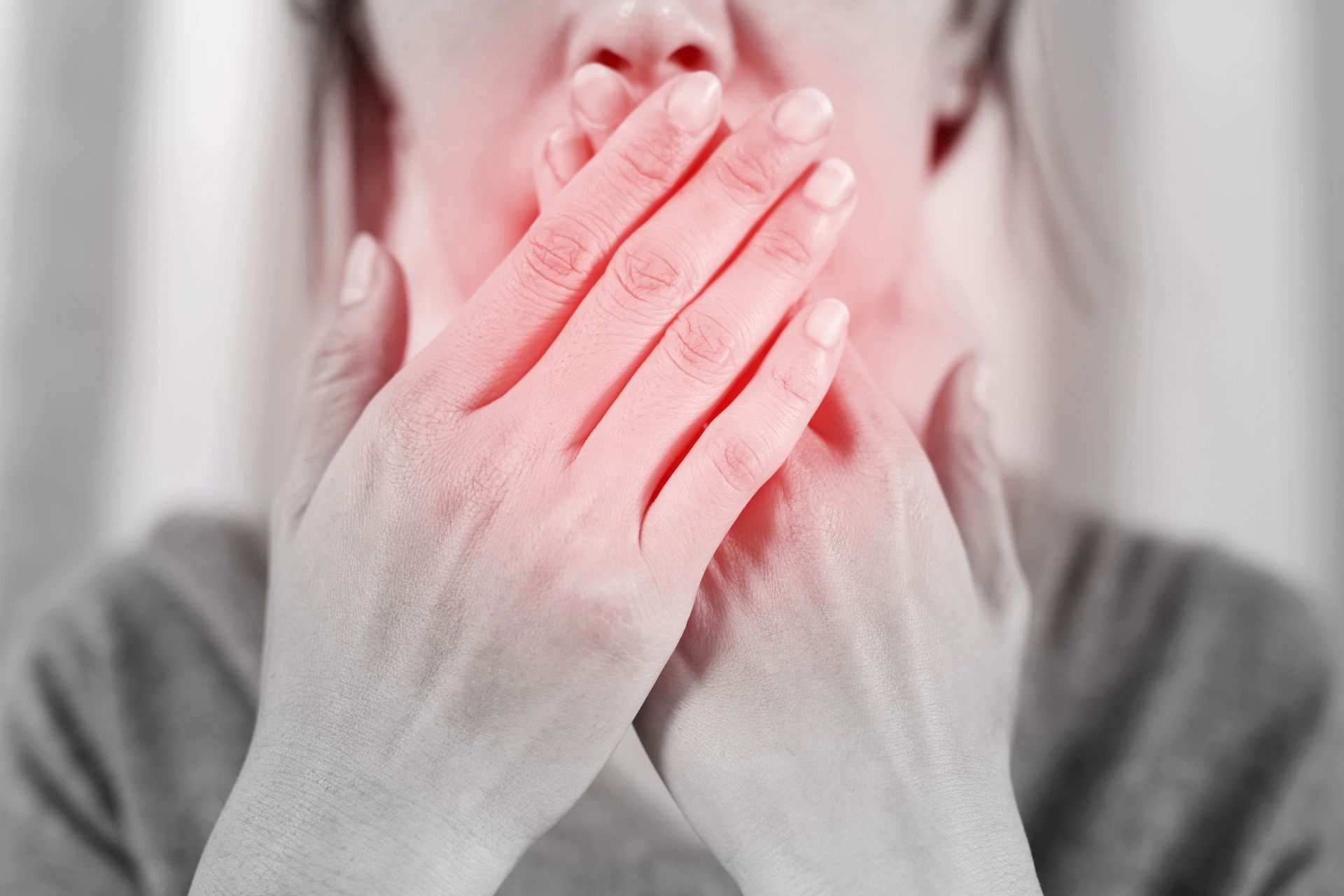
Bad breath, or halitosis, can be an embarrassing and frustrating problem to deal with. While most people associate bad breath with poor oral hygiene or the foods they eat, cavities can actually be a hidden cause of this unpleasant odor.
Cavities, also known as tooth decay, occur when bacteria in the mouth feed on sugars and produce acids that erode the enamel of the teeth. If left untreated, cavities can lead to serious dental issues such as toothaches, infections, and even tooth loss. But can cavities cause bad breath? Let's find out.
What Is a Cavity?
A cavity, also known as tooth decay, is a small hole that forms on the surface of a tooth. It is caused by the combination of bacteria in the mouth and the sugars and starches from the food we eat. When these substances come together, they form a sticky film called plaque that coats our teeth. The bacteria in plaque then produce acids that eat away at the enamel – the hard, outer layer of the tooth. Over time, this process can create a cavity.
Cavities can range from small, barely noticeable holes to larger, more serious decay that can cause pain and discomfort. If left untreated, cavities can also lead to infections and more serious dental problems, such as abscesses.
If you do develop a cavity, your dentist can treat it by removing the decayed portion of the tooth and filling the hole with a filling material, such as composite resin or amalgam. In more severe cases, a root canal or tooth extraction may be necessary.
How Can Cavities Cause Bad Breath?
Cavities are one of the most common dental issues that people face, and unfortunately, they can also lead to another common problem - bad breath. Bad breath, or halitosis, can be embarrassing and affect your confidence in social situations. Understanding how cavities can cause bad breath can help you take steps to prevent both issues.
When a cavity forms in a tooth, it creates a small hole that can trap food particles and bacteria. These trapped particles can then start to decay, leading to the production of foul-smelling gases. As these gases are released, they can contribute to the dreaded bad breath that so many people struggle with.
In addition to the odors produced by decaying food particles, cavities can also cause bad breath by creating an environment in the mouth that is conducive to the growth of odor-causing bacteria. When bacteria thrive in the warm, moist environment of a cavity, they can produce sulfur compounds that have a strong, unpleasant smell.
Other causes of bad breath
Diet
Certain foods, such as garlic, onions, and spices, can leave a strong odor in the mouth that lingers even after brushing and flossing. Additionally, diets high in sugary foods and beverages can promote the growth of bacteria in the mouth, which can also lead to bad breath.
Dry Mouth, or Xerostomia
Saliva plays a crucial role in keeping the mouth clean and helps to wash away food particles and bacteria. When the mouth is dry, bacteria can thrive and produce foul-smelling gases that contribute to bad breath. Dry mouth can be caused by medications, medical conditions, or simply not drinking enough water.
Infections
Infections in the mouth, such as gum disease or abscesses, can also lead to bad breath. These infections can create pockets of bacteria that produce odors that contribute to halitosis. Seeking treatment from a dentist or medical professional is essential to address these underlying issues and improve breath odor.
Smoking and Medical Conditions
Other potential causes of bad breath include smoking and tobacco use, which can leave a lingering odor in the mouth and contribute to dry mouth. Additionally, certain medical conditions such as respiratory infections, sinusitis, and acid reflux can also lead to bad breath.
How to Prevent Bad Breath Caused by Cavities
Bad breath, also known as halitosis, can be both embarrassing and off-putting to those around you. While bad breath can be caused by a variety of factors, cavities are a common culprit. Cavities are small holes or openings in the teeth that can trap food particles and bacteria, leading to foul odors.
If you are experiencing bad breath due to cavities, there are several steps you can take to prevent it and improve your oral hygiene:
1. Brush and floss regularly: Proper oral hygiene is key to preventing cavities and bad breath. Be sure to brush your teeth at least twice a day and floss once a day to remove food particles and bacteria that can lead to cavities.
2. Use mouthwash: Mouthwash can help kill bacteria and freshen your breath. Look for a mouthwash that is specifically designed to fight cavities and bad breath.
3. Visit your dentist regularly: Regular check-ups with your dentist are essential for maintaining good oral health and preventing cavities. Your dentist can detect and treat cavities early before they lead to bad breath.
4. Watch your diet: Avoid sugary and acidic foods and beverages, as these can contribute to cavities and bad breath. Instead, opt for a balanced diet rich in fruits, vegetables, and lean proteins.
5. Stay hydrated: Drinking plenty of water throughout the day helps rinse away food particles and bacteria that can cause bad breath. Aim for at least eight glasses of water per day.
Seek Professional Help
While some cases of bad breath can be easily resolved with improved oral hygiene, others may require the help of a professional.
At Pennington Orthodontics & Pediatric Dentistry, our team of experts can help identify the root cause of your bad breath and provide you with a tailored treatment plan to address the issue. Whether it's a simple bacteria build-up or a more complex dental problem, we have the knowledge and expertise to help you achieve fresh breath and a healthy smile.
Visit Pennington Orthodontics & Pediatric Dentistry today to get to the root of your bad breath and start on the path to a fresher, healthier mouth.
